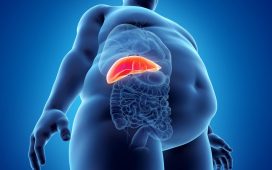Psychological distress partly mediates link between indirect exposure and media exposure with reporting increased substance use
By Elana Gotkine HealthDay Reporter
FRIDAY, July 26, 2024 (HealthDay News) — For adults, increased substance use (ISU) is seen in populations with direct, indirect, and media exposure to mass terrorism, according to a study published online July 24 in JAMA Network Open.
Roi Eliashar, from the Israel Center on Addiction in Netanya, and colleagues examined which factors are associated with reporting ISU in a population affected by mass terrorism and examined whether psychological distress mediated the association between trauma exposure and reporting ISU. The study was a partially representative cross-sectional survey of the adult Jewish population in Israel (aged 18 to 70 years) conducted four weeks after Oct. 7, 2023. Data were included for 968 participants (mean age, 41.5 years).
The researchers found that participants were significantly more likely to report ISU if they had experienced direct exposure, indirect exposure, media exposure, psychological distress, or previous mental health difficulties. The association between indirect exposure and media exposure with reporting ISU was partially mediated by psychological distress (b = 0.20 and 0.14, respectively). There was no evidence to support previous mental health difficulties as a moderator of these indirect effects.
This cross-sectional study “added important insights regarding the outcomes of psychological distress on these consequences and emphasized the potential prevalence of distress and ISU among individuals exposed to events of such scope and to unparalleled media attention, independent of their preexisting vulnerability,” the authors write. “These insights are crucial for planning and disseminating essential health services and preventative measures.”
Copyright © 2024 HealthDay. All rights reserved.








